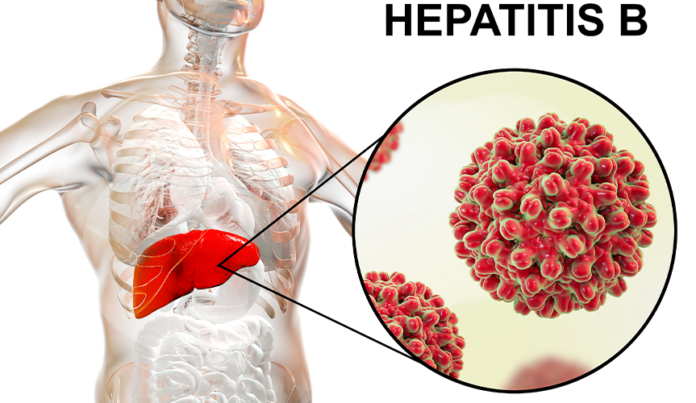Table of Contents
Hepatitis B
Hepatitis is considered one of the most sluggish diseases, which can lead to serious illness, liver damage, and in some cases, death. It affects people of all ages. The Hepatitis virus attacks the liver and causes inflammation that can lead to swelling, reddening of the liver, and liver damage. It is also called HBV or Hep B, which can cause cirrhosis (which means hardening or scarring of the liver), liver cancer, or even death.
Symptoms of Hepatitis B
Symptoms of Hepatitis B can be intense or minor. There are cases where people are affected, but they never feel sick. Symptoms of Hepatitis B may include:
- Loose stool.
- Loss of appetite.
- Stomach pain.
- Constipation.
- Having yellow skin.
- Mild fever or eyes.
- Being sick to your stomach.
More than 90% of the people who get hepatitis B at their adult stage recover from their symptoms.
How is Hepatitis B Spread?
- There can be many factors through which you can become infected with hepatitis B. It can happen through exposure to blood and body fluids like the semen of an infected person.
- Hepatitis B can also spread by having unprotected sex, sharing or using dirty needles for piercing, tattoos, and drug use.
- Being born to a pregnant woman with the infection, being bitten by someone with the infection, being treated medically who does not use sterile instruments, and sharing everyday items that include razors, toothbrushes, and piercing jewelry can all be the reason behind Hepatitis B infection.
Apart from all these, there are a lot of myths regarding the spreading of Hepatitis B. it does not spread by breastfeeding, coughing and sneezing, eating food that someone with the infection has prepared, kissing on the cheek or lips, hugging, shaking hands or holding hands.
Risk Factors for Getting Hepatitis B
- Healthcare providers and first responders, people who are on dialysis, people who live in close quarters with a person with chronic hepatitis B, children whose mothers have been infected with hepatitis B
- People who have unprotected sex or have been diagnosed with a sexually transmitted disease are likely to get infected by this virus.
- People living with or working in an institutional setting such as group homes or prisons carry a high risk of getting hepatitis B.
Stages of Hepatitis B
Hepatitis B infection can be divided into 4 phases; immune-tolerant phase, immune-active phase, immune-control phase, and immune clearance. You can also observe the backward shift in phase and reactivation of the disease from the immune clearance phase. Hepatitis B can be spread in two ways, acute infection and chorionic infection. Acute infection is asymptomatic, which leads to acute viral hepatitis and acute liver failure. The acute infection lasts for a short duration, whereas chorionic infection lasts for a longer period, which is more than six months.
Diagnosis
There are various ways to diagnose HBV infection, including abdominal ultrasound, liver biopsy, and blood tests. An ultrasound uses sound waves to show the size and shape of your liver and blood circulation through it. In a liver biopsy, a small tissue sample is removed through a tiny incision and sent to the lab for analysis. Tests of blood plasma or serum show the response of your immunity to the virus. Tenofovir alafenamide fumarate is used to treat the chronic Hepatitis B infection.
Conclusion
The severity of hepatitis B can cause serious illness and lead to the person’s death. So you need to go for a check-up and take medicines accordingly. Active pharma ingredients manufacturers take care of that. You can call us or visit our website for further details.


